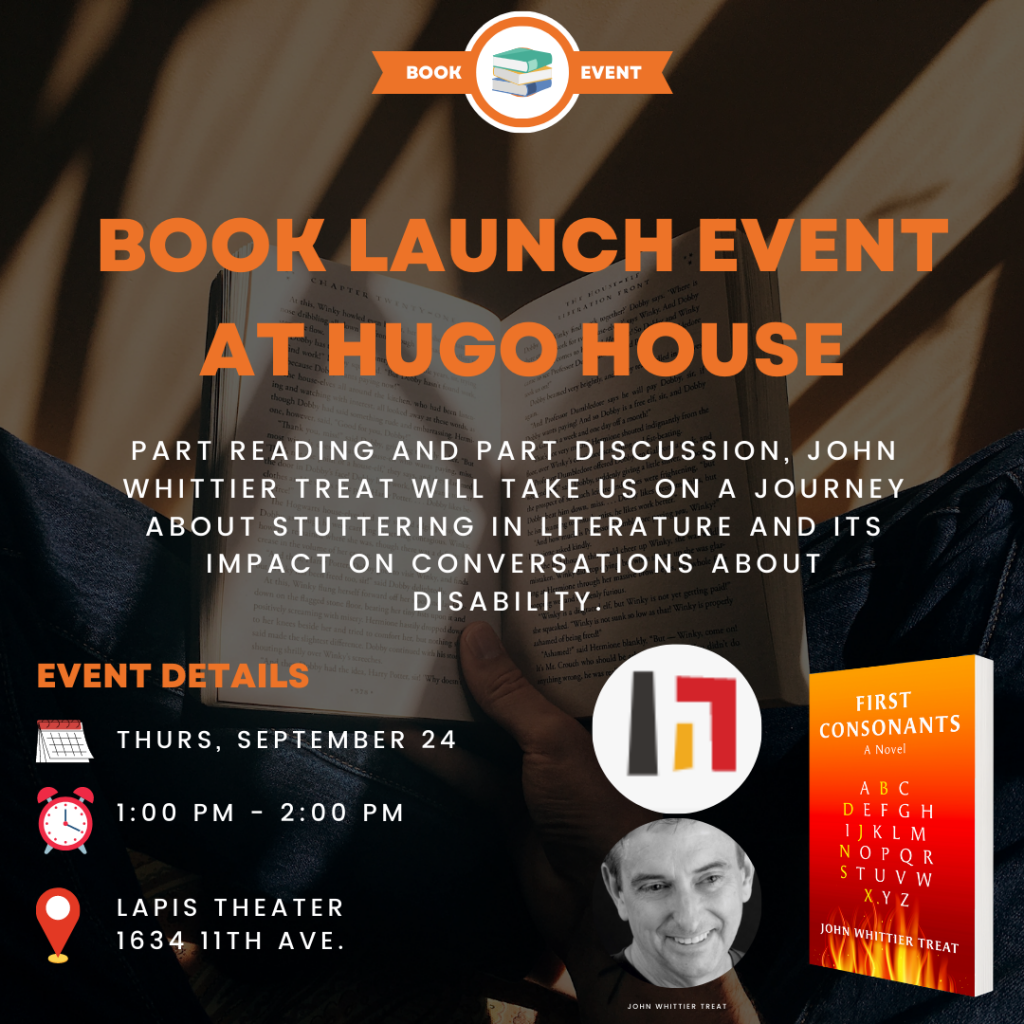This is what I always tell my students about writing: think of your story as a child.
The infant idea comes to you, brand-new and half-formed, and you do all you can for it. You take its little hand and help it on its first teetering steps through the very first draft. You watch it grow and start guessing where it will go: It loves to run and jump — maybe it’ll be a pro athlete. It likes to scribble with crayons — maybe it’ll be a painter. It loves its toy stethoscope — maybe it’ll be a doctor. You blow daydreams into the air like bubbles. This thing you’ve created is genius. It will win a Nobel prize. It will cure cancer. It will change the world.
Then the story grows up a little and is less adorable. You finish the first draft. Now your story is resistant, recalcitrant. You want the fireman brother to come home for Christmas at last, for the dinner party to go well, for the troubled couple to split up at last. Like a teenager, the story rebels. It won’t do what you want. It needles you on purpose, almost perversely, watching you out of the corner of its eye to see if it’s pressed the right buttons. The fireman brother refuses to get on the plane and goes to have a drink with a stranger. At the dinner party, someone begins to tell off-color jokes. The husband goes back to his wife, for the thirty-fourth time.
This is normal, I tell my students. At a certain point in parenting, you have to accept that what you want and what your child is may not be the same. Instead of a pro athlete, you have a circus acrobat. Instead of a painter, you have a cartoonist. Instead of a doctor, you have a veterinarian. Your job, as the parent, is to love the child anyway, to support it in what it wants to do, to help it become the best circus acrobat, or cartoonist, or veterinarian it can be. To let go of your dreams for it and let it follow its own path instead — or at the very least, to not stand in the way. Your job as the writer is the same.
I tell them: at a certain point you must accept that the story is no longer yours to control. At a certain point you must allow the story to become what it is, no matter how far it is from what you planned. I remind them of the parenting clichés: butterflies spreading their wings, baby birds leaving the shelter of the nest. I do not quote Thoreau, but I could: A living dog is better than a dead lion. Let every one mind his own business, and endeavor to be what he was made.
I tell them: in a power struggle with the story, you cannot win. If you force the story to do what you want, you’ll suck the life out of it. It will be a wan, colorless, passionless thing, a Walter Mitty of a piece, dreaming big while living the mousiest of lives inside. I’ve seen stories like that, and written them, too: where the events of the story come down from without, instead of up from within, where things happen because the writer wants them to, and not because the story itself demands it.
***
When I began writing my novel, I had an idea of what I thought it was and where I thought it was going. I thought it would be about a brother dealing with his sister’s death, about the ways in which her absence would haunt him. But as I wrote, the rest of the family began to butt in, nudging the novel in a different direction. Suddenly, I found myself with long sections about the father’s early years in school, about the mother’s childhood and her strained relationship with her own mother. The neighborhood troublemaker kept appearing at inopportune moments. The younger sister, who had been silent and secondary, began to emerge from the shadows, telling troubling tales.
This was a bigger, messier, more emotionally tangled story than I’d set out to tell, and one I wasn’t sure I wanted to tackle. I was no longer leading the novel; it felt more like it was tugging me off the path into the dark forest and prickly undergrowth. But the harder I tried to stick to my original focus — the brother mourning his sister’s death — the more urgent those other parts felt, the more insistent those other voices became. I could not have silenced them if I wanted to, and in the end I had to step back and let them speak up, to let the story head where, clearly, it wanted to go.
Four drafts and six years later, when the book was finished at last, the grieving brother was still there, but the novel had taken on a much different shape, bigger in scope and deeper in feeling: the story of an entire family, the secrets they’d kept from one another over the years and the ramifications of those concealed truths. If I’d forced the novel to stay on the narrow little path I’d mapped out for it at first, it would have been a slight, stunted thing.
***
I’ve been telling students to think of their stories as children for years, since long before I was a parent. Now I have a child myself, and I understand first-hand what a difficult thing I’m suggesting: to stand back and let go of something you have created from scratch, something you have nurtured inside you and invested your heart in. To step back from something you love immensely, more intimately than anyone else can, and let it go on its own messy way — even when that means letting it go down dark paths you yourself would not choose, or letting it take turns that you yourself are convinced are wrong.
My son is three now, and whatever he’ll be when he grows up is far in the future. There are so many things I still need to help him with: putting on his socks, taking a bath, buckling his seat belt. And I still want to hover at the foot of every staircase, at the bottom of every slide, beneath every swing, ready to catch him if he falls. But already there are places where he is beginning to pull free. As we approach the playground, he tugs his hand from mine and goes running off, and though I don’t want to, I know I have to let him.
As it turns out, one of the major themes of my novel is the dreams that parents have for their children — and what happens when children don’t quite match those dreams. It is never easy to let go of those expectations and plans, but when you don’t, the results can be devastating, in both life and in story. In parenting and writing alike, it is so much easier said than done — but it is the truest advice I can offer.
Think of your writing as a child. Love it and guide it, but listen to it, too. Remember your job is to help it find its way, not yours. Writing any story is really about having faith in it, and having faith in yourself. You have to trust that it will find what it is meant to be, and you have to trust that you’ve given this wayward, willful thing you’ve created the strength it needs to get there.





